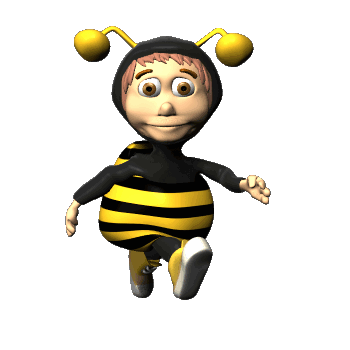
"A smile is the prettiest thing you can wear"

Beeckton Bunnies Childminding

About Montessori
Who Is Maria Montessori ?
Maria Montessori (1870-1952) was Italy’s first female qualified physician whose interest in childhood diseases and mental health led to her wanting to help children who were thought to be uneducable by society and other medical professionals and therefore excluded from the educational system. These children were mainly from the lower classes and led to her opening a Children’s House in the slums of Rome. She developed her own style of equipment and a highly successful method of teaching which started with educating the child’s senses before leading on to the more formal education of reading and writing. The pre-school children of the slums showed an amazing increase in the amount of learning which had been previously unthought-of by the education sector.
The success of her teachings in Rome led her to write about and teach others her methods and from there she travelled the world doing so. She died in Holland in 1952, leaving an international legacy of Montessori schools and training centres around the world, all following the Montessori approach, transcending cultures, faiths and language barriers.
Montessori Today
Child care providers today have to follow the national framework of the Early Years Foundation Stage which in many ways reflects the Montessori philosophy. Both aim to support the natural and individual development of the child through stimulating environments and age appropriate activities and also aim to promote:
-
development of concentration, perseverance and problem-solving
-
self-esteem and self-worth
-
independence of thought and action
-
development of motor co-ordination
-
sense of responsibility
This is achieved through practical activities (referred to as Practical Life activities) and is centered around:
-
the care of the environment
-
the care of oneself as an individual
-
the care of others in the community
Montessori activities are self chosen by the child, are self-correcting, they judge their own progress and determine when they are ready for the next step and if they wish they can return to the previous step as often as they need. This self choice helps develop their self-confidence, independence and concentration.
Montessori Inspired Education at Beeckton Bunnies Childcare
The primary goal of an environment inspired by the principles of Montessori such as those in the Beeckton Bunnies Childcare is to help each child reach their full potential in all areas of life. The holistic curriculum, allows the child to experience the joy of learning, the time to enjoy the process, and ensures the development of self-esteem. It provides the experiences from which children create their knowledge. The specific goals for the children who attend a learning environment inspired by Montessori principles are:
Helping each child develop self-confidence
In a Montessori environment, tasks are designed so that each new step is built upon what the child has already mastered, thus removing the negative experience of frequent failure. A carefully planned series of successes builds upon inner confidence in the child assuring that they can learn by themselves. These confidence-building activities likewise contribute to the child’s healthy emotional development.
Fostering an abiding curiosity
In a rapidly changing society, we will all probably be students at some time in our lives. A deep, persistent and abiding curiosity is a prerequisite for creative learning. By providing the child with opportunities to discover qualities, the child’s experiences in the Beeckton Bunnies Childcare provide dimensions and relationships amidst a rich variety of stimulating learning situations; curiosity is developed and an essential element in creative learning has been established.
Developing habits of initiative and persistence.
By surrounding the children at the Beeckton Bunnies Childcare with appealing materials and learning activities geared to their needs, they become accustomed to engaging in activities on their own. Gradually, this results in a habit of initiative – an essential quality in leadership. Ground rules call for completing a task once it has begun and gradually results in a habit of persistence and perseverance for replacing materials after the task is accomplished.
Fostering inner security and a sense of order
Through a well ordered, enriched but simplified environment such as the ones provided in the Beeckton Bunnies Childcare, the child’s need for order and security is intensely satisfied. This is noticed in the calming effect that this environment has on the child. Since every item in the learning environment inspired by Montessori has a place and the ground rules call for everything in its place, the child’s inner need for order is satisfied.
Assisting each child in building concentration
Effective learning presupposes the ability to listen carefully and to attend to what is said or demonstrated. Through a series of absorbing experiences, the child in the Beeckton Bunnies Childcare forms habits of extended attention, thus increasing their ability to concentrate.
Developing a positive attitude towards school
Most of the learning activities are individualised, each child engages in a learning task that particularly appeals to him or her – because they find the activities in the Beeckton Bunnies Childcare geared to his or her needs and therefore work at their own rate, repeating the task as often as they like, thus experiencing a series of successful achievement. In this manner, the child builds a positive attitude towards learning itself.
